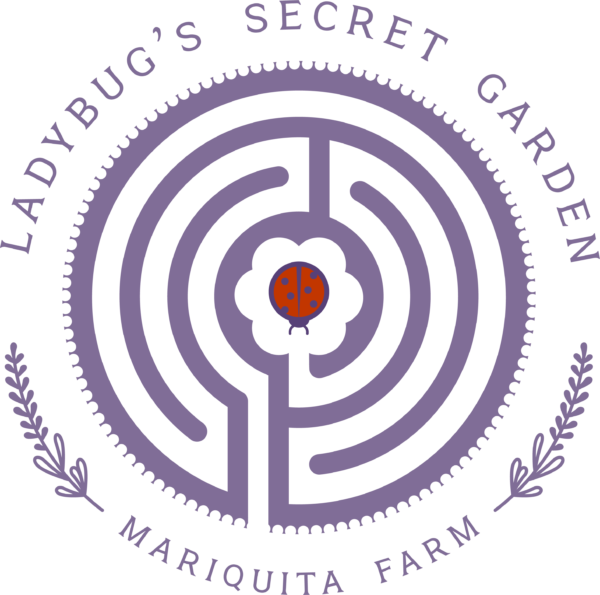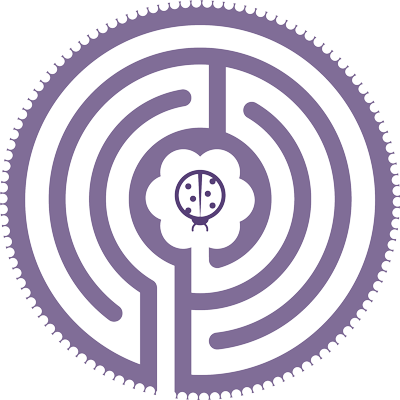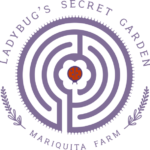Pastures Of Heaven
(Andy’s photo of a local mustard field is below)
Jesus said “the kingdom of Heaven is like a grain of mustard seed.” A mustard seed is tiny, like the head of a pin. Can heaven fit?
Metaphors that were evocative and illuminating two thousand years ago come across opaque and weird to modern ears. Today mustard is as celestial as a yellow emulsion on a ballpark hotdog. That can be a pretty good experience, but a cultural anthropologist will tell you that mustards were meaningful across the Middle East throughout antiquity, both as weeds and as cultivated crops. Farmers sowed mustard by scattering hand-fulls of the seed on tilled soil. Then the farmers would sit back to wait, and pray, for rain.
People living during the time of Jesus would have gathered tender mustard seedlings from the fields in the spring for salads. As the mustard greens matured they would have picked them for cooking greens. Some form of wild mustard may well have been the bitter herb eaten during Passover. And when the mustards’ flower buds swelled the country people would have plucked them to steam like tiny heads of broccoli. Then, when the plants went to seed, the little brown mustard seeds were pressed for oil. When Jesus said that heaven was like a mustard seed he was telling his followers that they didn’t have to look very far to find it.
Heaven in the valley, heaven in the bowl,
Heaven in the belly, heaven in the oil,
Heaven on the hillside, heaven in the seeds,
Heaven in the flowers, heaven in the weeds.
All around the Mediterranean mustard fields come into blazing yellow flower in the spring. From a distance the hills appear to be yellow. But look closely at a mustard plant and you’ll see that the yellow blossom is actually a cluster of smaller flowers, each of which takes the simple form of a four-petaled cross. Botanists have given the mustard family the Latin name of Cruciferae, meaning “of the cross.” Many of our most important food crops, like cabbage, turnips, broccoli, radishes and cauliflower are crucifers. When Jesus said that heaven was like a mustard seed, was he implying that it reveals itself in
full flower tortured on a cross?
Jesus said that mustard, “the smallest of seeds,” when fully grown is “ the greatest of shrubs, and becomes a tree, so that the birds of the air come and make nests in its branches.” The wild mustard weeds in my farm’s fields stand five feet tall, but I would hardly call them the “greatest of shrubs,” or “trees.” Jesus was a carpenter, so he would have known about trees. Was he engaging in poetic licence, or was he suggesting that the smallest things sometimes contain within themselves the most unforseen ramifications?
Sometimes I wonder if Jesus wasn’t making an empirical observation. We know that there are deserts in Texas now where, before the settlers came, there used to be prairies of grasses that grew taller than a man on horseback. And there were millions of bison swarming across the plains. The skies over my farm in California used to be black with waterfowl, and the fields were crossed by huge herds of elk.. Was the soil in the Middle East richer a long time ago when Caesar Augustus stomped the terra? Were plants more vigorous in The Land Of Milk And Honey before twenty centuries of war, over-grazing and erosion depleted the soil?
The Spanish conquistadores brought Mediterranean culture to California; they brought their religion, their livestock, their crops, their political institutions, their diseases, and their weeds. Today the Spaniard Empire is history and most of the Indian peoples the Padres converted to Catholicism are dead, but California is still beautiful. It’s not for nothing that John Steinbeck titled a book that took place in Central California “The Pastures Of Heaven.” But the California that existed before Cabrilho planted the first cross in 1542 in San Diego can hardly be imagined. Today, our valleys are yellow with
wild mustards in full bloom for Easter, and the fields are covered in crosses.

0 thoughts on “Pastures Of Heaven”
Leave a Reply
You must be logged in to post a comment.



Dear Andy,
I have tried to subscribe to your blog update several times but have been unsuccessful. Please put me on your mailing list. I have so much enjoyed your newsletter and loved talking with you at the Farmers’ Market.
Sincerely,
Rochelle Felitti